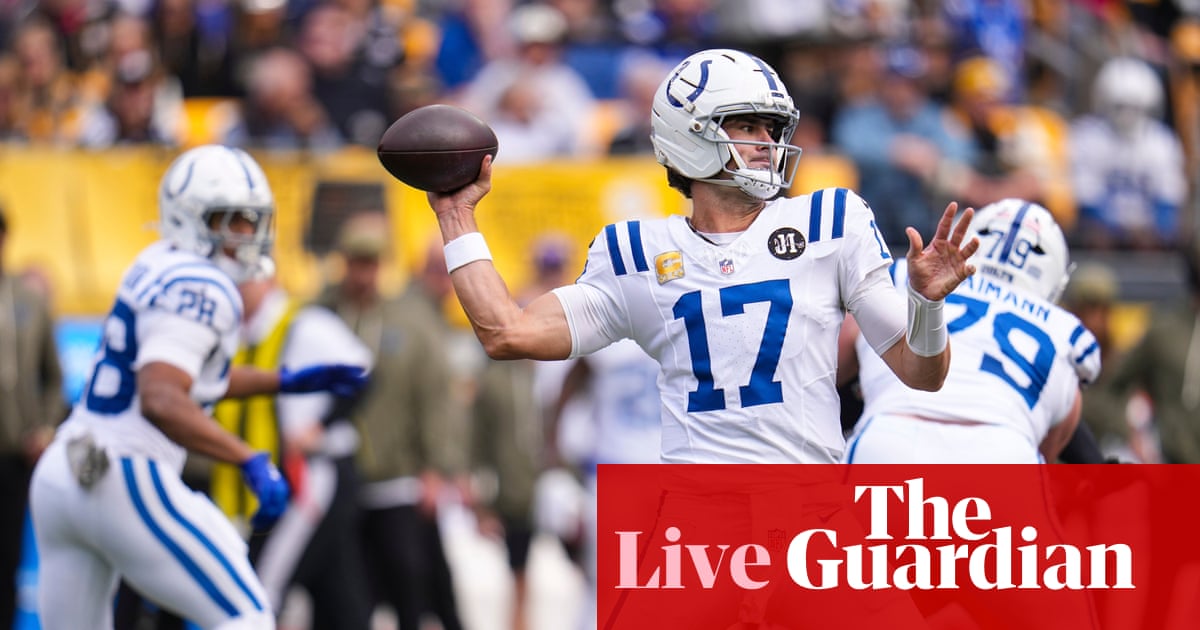Two weeks into an 18-week NFL season wouldn’t seem to be long enough for a team to reach an existential crisis over its postseason viability.
Tell that, though, to the chunk of the league dealing with injuries to the NFL’s most high-profile position that are already threatening to wreak havoc on playoff ambitions.
Nearly one-sixth of the league could begin Week 3 with their starting quarterback injured.
Joe Burrow will undergo surgery to repair a left toe injury suffered last week and could miss three months for Cincinnati. Minnesota’s J.J. McCarthy has also already been ruled out this week because of a high ankle sprain that could sideline him for two to four weeks, his coach said.
Others still waiting to determine the severity of their quarterback’s condition include Washington, where reigning offensive rookie of the year Jayden Daniels has a sprained knee; the New York Jets, where Justin Fields remains in the league’s protocol for concussion recovery; and San Francisco, where Brock Purdy has “a chance” to play after suffering toe and shoulder injuries in the season opener.
This isn’t a collection of anonymous starters playing for teams projected to be among the dregs of the league. The 49ers handed Purdy a $265 million contract in the offseason. Nobody threw for more yards or touchdowns last season than Burrow. And all Daniels did was lead Washington to its first conference final since 1992, eight years before he was born.
Oddsmakers at FanDuel picked the Bengals and Commanders to finish second in their divisions and the 49ers to win theirs. Long-term injuries to their starters could cause a ripple effect that could affect the playoff picture as a whole.
Losing a starter isn’t necessarily a death knell. Minnesota knows that better than anyone. During the 2024 preseason, McCarthy, a first-round draft pick expected to lead the team, was lost to a season-ending injury, and his backup, Sam Darnold, led the Vikings to a 14-3 record while producing career highs. Yet entering the 2025 season, the Vikings were so bullish on McCarthy’s potential that they let Darnold walk in free agency. Now, with McCarthy hurt again, the Vikings will turn to Carson Wentz, a former No. 2 overall pick who could start for a different team for a sixth consecutive season.
So far, the 49ers and Bengals have also survived without their top playmaker. Without Purdy last week, the 49ers turned to Mac Jones, who helped his team improve to 2-0. Jones hadn’t lived up to first-round-pick expectations in New England and Jacksonville in four previous seasons, but, like several other backups before him, thrived in coach Kyle Shanahan’s system.
Jones betrayed few nerves Sunday. He danced alongside teammates behind a boombox before taking the field in New Orleans, then threw a career-high-tying three touchdowns in a win.
“He’s just fun energy,” 49ers teammate Nick Bosa told reporters Sunday. “To have a backup quarterback that has that much swagger, the offense feeds off of it.”
In Cincinnati, meanwhile, Burrow’s backup, Jake Browning, threw three interceptions, yet still engineered the game-winning drive to improve the Bengals to 2-0.
Backup quarterbacks are a fact of life in the NFL, with responsibilities ranging from knowing the playbook despite limited practice time to acting as a liaison between the starter and the rest of the team, former NFL quarterback Robert Griffin III has said. In 2012, 20 quarterbacks started every game of their team’s 16-game season, yet by 2023, after the NFL added an extra game to the season, that durability had crumbled — with only nine QBs lasting the entire season, according to the sports database Stathead.
Last season saw a spike in the opposite direction, with 14 QBs starting all 17 games, but that still meant there were 47 QBs who played.
Jordan Palmer, a former NFL backup for three seasons who has become a quarterback coach with a client list that includes Burrow, Josh Allen and Patrick Mahomes, wrote on his company’s website that backup quarterbacks were no longer viewed as “insurance policies” but “lifelines.”
“The hardest part of being a backup quarterback is staying ready without the live reps,” Palmer wrote. “You’re not getting the same practice snaps, and you’re probably not part of the weekly media attention. But the standard stays high. Your job is to be fully prepared for a moment that might never come.
“That means you live on tape. You obsess over installs. You visualize your decision-making every day as if you’re starting. Because the moment you get called in, there’s no time to warm up. You either know what to do—or you don’t.”
Source link

